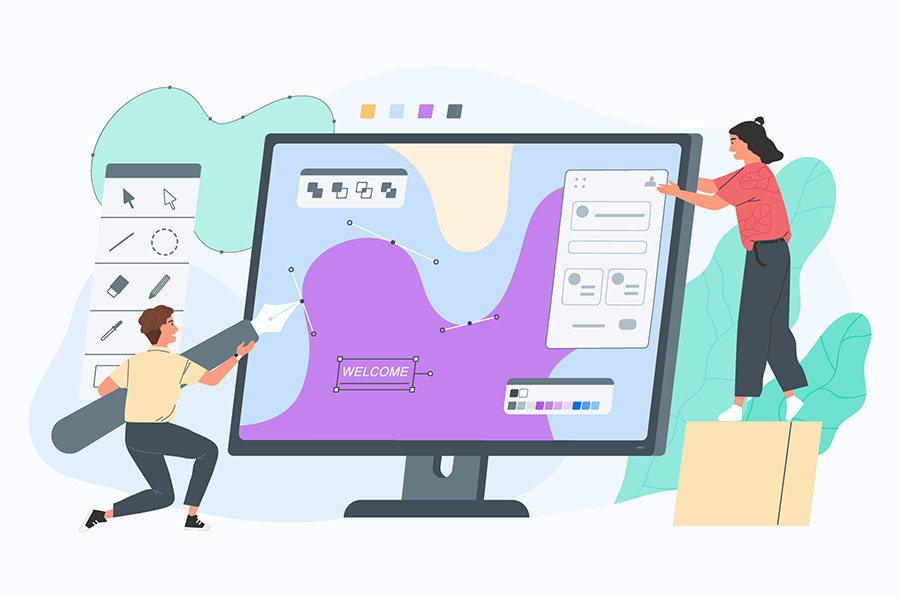Web Design Tips And Tricks For An Amazing Site
Have you wanted to pursue site design in the past but were unsure of how to start? Does your business need a website, but you cannot afford to pay a professional to design one? This article was written just for you, and it compiles great website basics that you can master in no time.
Although it is common to see the www. at the front of a website URL, you should try to make sure that you can access your site whether you choose to include it or not. This will make it much easier for anyone to access regardless of how they type it.
Avoid using frames. Most sites have abandoned frames on their own as better alternatives have become available, but there are still sites out there that are trapped in 1996. Alternatives to navigational frames include fixed-position navigation panels, having navigation in multiple areas (e.g. left and bottom) or simplifying page structure so that navigational links are never far away.
To help you attract a more professional crowd to your site, make sure you design your site with no spelling errors. When designing the site, utilize a spell checker and if need to, a grammar checker. If you have a site with poor spelling and grammar, people will not want to do business with you because they will think it is unprofessional.
If you believe your site may be accessed via mobile devices, you will want to keep your designs simple. The use of flash, excessive images, and complicated menus will not translate well to a mobile platform. Keep your page clean and simple, or create a specific mobile site for your users.
Include a links page for your site and use it to provide a variety of resources related to the site's purpose. You should also include a variety of links, including links to sites that are offering backlinks to your site. If related sites link back to your site, your site ranking will move up in the rankings on search results pages.
The best web sites communicate a lot of information in a small amount of words. If you are long-winded, people will easily get bored and find another site that is more concise. Make sure any content is relevant and easy to understand - newspapers use an eighth grade reading level, which is the most common literacy level.
Make sure your business logo is well-designed and prominently on every page of your site. Your logo is a key component of your brand, and it should be one of the first things people see when they go to your website. If you can't come up with a good idea for a logo, there are design firms that will make you one at relatively low cost.
Avoid frames at all costs. Just don't use them. While they can make it simple for your menu or header to appear all throughout your site, the address bar won't change on each page. This can make it impossible for your visitors to link to any specific page on your site.
Try to make sure that any music or pictures that you're linking to is hosted on your own web server. Do not hotlink to any other website images. This can be construed as bandwidth theft and it could put you in violation of a copyright too. It's not worth the risk.
You can use a What You See Is What You Get code editor (WYSIWYG), but using a text editor such as Notepad, gives you full flexibility when editing your code. What a platform does is help you paste the code onto features that you have made. However, if you prefer to lessen any errors while getting hands-on experience, using classic text editors should be your choice.
Make sure you are always on the lookout for as much information as you can grasp your mind around when you're getting into web design. There usually isn't anything that you can learn that isn't going to benefit you in web design, unless the information you learn isn't true so be aware of this.
If user or customer agreements are found on our website, speak plainly in them, avoiding legal jargon as much as possible. You want your customers to feel like they know what is going on and being said. Legal jargon will confuse your customers, and it will make them uneasy about your site.
Having white space (unused space) on your website is actually a great design feature, so don't make the mistake of thinking that your site must be packed to the brim. White space on your site actually improves the readability; your visitors will have a much easier time reading and absorbing the information if things aren't cluttered.
Putting the tips in this article into practice will result in a website which brings you closer to your goals. One of the best ways to promote a product is through a website. Well wishes!

